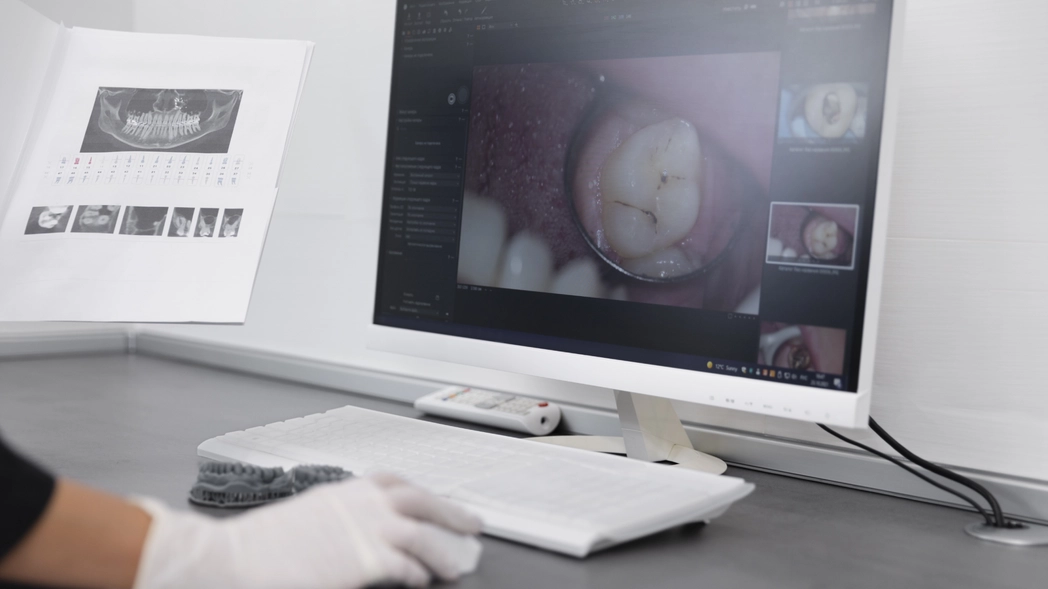Recently, Penn Dental Medicine clinicians researched a possible concept of saliva and blood-test kits for detecting periodontitis-type diseases and evaluating treatment effectiveness.
The experiment involved more than 400 patients and started 1.5 years ago – 302 of them had a moderate or severe form of periodontitis, and 113 were without the disease (control group).
Researchers obtained saliva and blood samples every two months to evaluate specific biomarkers associated with gum inflammation – the main periodontitis symptom. After a year of observation, clinicians provided the affected group with appropriate non-surgical therapy and rechecked them six months later.
What did they find?
Scientists tested obtained saliva samples for 10 specific proteins associated with inflammation and blood for another five. They identified a group of signaling proteins that signaled notable disease progression: interferon-gamma, IL-6, VEGF, IL-1β, and MMP-8.
They identified several proteins in blood whose levels did not depend on the degree of disease progression but were associated with gum inflammation in general: MMP-8, MMP-9, and C-reactive protein.
Why it's important?
According to research, from 20 to 50% of the world's population has some level of periodontitis (64 million people in the US only!), and its severe form may be quite dangerous for human dental health.
Thus, a tool that can identify the early biological signs of the disease or its progression degree would be highly beneficial for any population. Saliva tests – are an incredibly effective tool, considering that samples may be obtained in a few seconds and analyzed with relatively cheap laboratory hardware.
Read other news about dental biology on our Newsfeed:




